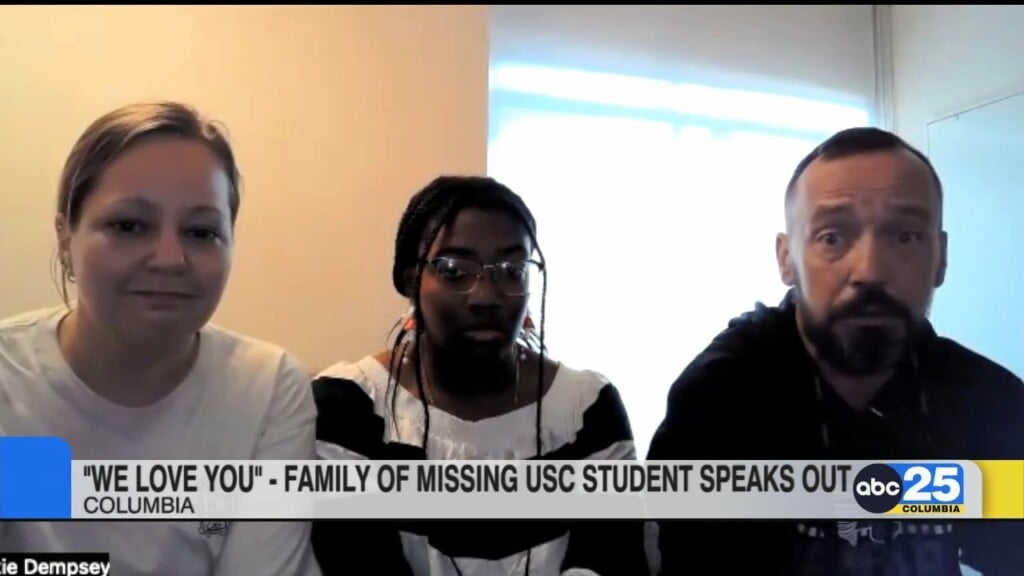USC asks students, would you recognize stalking?
COLUMBIA, S.C. (WOLO) — According to the National Center for Victims of Crime, 1 in 12 women and 1 in 45 men are stalked in their lifetime. Wednesday, USC held it’s first ever stalking awareness fair to educate students, and while officials say stalking hasn’t been a major problem on campus, they still want students to be aware. “One is too many for a stalking case,” says Calvin Gallman, Victim’s Advocate for the USC Police Department. January is stalking awareness month and workers at USC student health services department want students to know what to look out for. “Constant calling, constant texting, sending messages to that person on Facebook,” says Stephanie Hinton, Assistant Director of USC’s Sexual Assault Violence Intervention and Prevention program. Officials say many times this behavior may start after an intimate relationship ends. “The relationship has gone sour and one person doesn’t want to let go,” says Gallman. “Primarily you will see it as an ending of a relationship or something like that,” says Hinton. According to the National Center for Victims of Crime, 77% of women know their stalkers, while 64% of men know theirs. Out of those, 59% of the women were stalked by a former partner, for the men 30%. The National Center for Victims of Crime also says the average stalking time frame is 1.8 years. “The biggest concern with stalking is the fear, the fears that the person being stalked may face, that something bad may happen to them,” says Hinton. Calvin Gallman, a victim’s advocate with the USC Police department says one of the biggest steps is reporting the stalker. “We take it very seriously, we respond to the victims, if they know who it is, we help them with with restraining orders,” says Gallman. Other steps the National Center for Victims of Crime says you can take if you are being stalked include, do not communicate with the stalker, save all evidence, this includes letters, phone messages, text messages and emails. Tell your friends and family and get help. “You may not be where you were when you started, but it will heighten your sense of awareness, you know, knowing what’s around you, maybe help you with another relationship, you can see the warning signs of someone who may be a potential stalker,” says Gallman. If you would like more information on stalking visit, the National Center for Victims of Crime’s website at www.ncvc.org.

